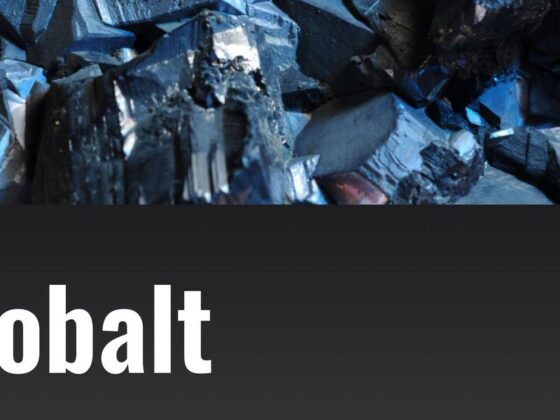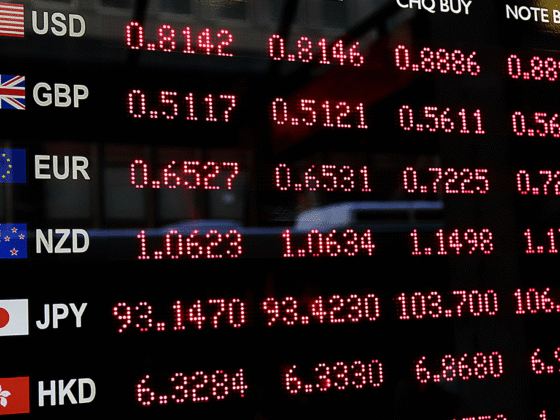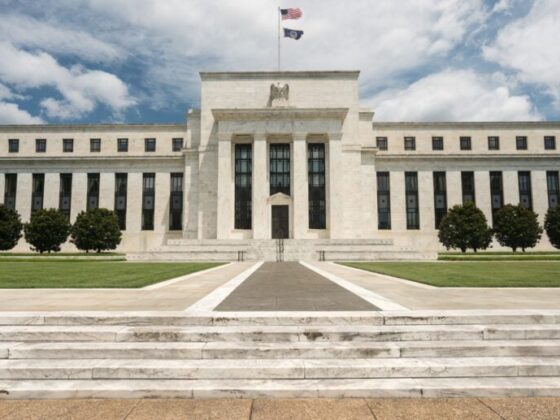
Swipe, earn, repeat—that’s the dream most cash-back credit card commercials sell. They promise rewards for what you’d be buying anyway. A little back for every purchase, right? But here’s what they won’t highlight on a glossy TV ad or tweet about on X: the fee trap that quietly eats into your “rewards.”
The truth is that many cash-back cards are designed to lure in spenders, not savers. They depend on a simple math trick, offering you pennies while raking in dollars via interest rates, hidden fees, and psychological nudges. And for too many users, the so-called perks turn into debt accelerators.
Before you sign up for your next card—or continue swiping the one you already have—read these eight underreported truths that reveal how banks win while you think you are.
1. That “1.5% Back” Isn’t Worth It If You Carry a Balance
The golden rule of cash-back cards is simple: never carry a balance. But that’s exactly what millions of users end up doing. And when they do, the interest they pay wipes out every penny of those rewards.
Let’s say you earn $15 in rewards on $1,000 of purchases. But you’re carrying a balance that’s accruing 22% APR. That same month, you might owe $18–$20 in interest. Congratulations. You just paid the bank to “earn” money.
The longer the balance sits, the deeper the trap goes. For most users, banks know they’ll win not with perks but with interest earned on late payments.
2. Annual Fees Can Cancel Out Rewards Fast
Many high-earning cash-back cards come with annual fees ranging from $95 to $150 or more. These fees are marketed as “worth it” if you spend enough. But unless you meticulously track your spending categories, it’s easy to lose money overall.
In some cases, users don’t realize they’re not hitting the spending threshold to make the annual fee worthwhile. Or they stop using the card altogether, yet the fee quietly renews, shrinking the net value of any rewards they earned the year before. Unless you know exactly how much you spend (and where), you could pay more in fees than you gain in perks.
3. Rotating Categories Are Built to Confuse You
Some cash-back cards offer 5% rewards, but only in rotating categories that change every quarter, like gas, groceries, or restaurants. Sounds fun in theory, but in reality, it’s a cognitive minefield.
Most users forget to activate the bonus, miss the rotation, or fail to shift their spending habits every three months. That 5%? It’s more like 1% by the time the confusion clears. The system counts on you slipping up because if you do, they pocket the difference.
4. Redemption Minimums Slow You Down
Have you ever tried to cash out your rewards only to find there’s a $25 minimum to redeem? That’s not by accident. Banks intentionally make it harder to access the rewards you’ve earned until they’re sure you’ve spent more.
These minimums encourage you to keep spending to “reach” your reward, pushing you deeper into the cycle. If you don’t track it closely, you may leave money on the table or delay redemptions long enough that you forget or close the account. Redemption minimums aren’t customer service. They’re retention strategy.

5. Foreign Transaction Fees Eat Away Travel Perks
If your cash-back card isn’t travel-friendly, you could be hit with foreign transaction fees, usually around 3% per purchase. That means your dreamy European coffee shop latte could cost you more than if you’d just used a debit card. Worse, these fees often aren’t highlighted until they hit your statement.
Some cards market themselves with “travel perks” but bury these fees in the fine print, ensuring they can still profit while you’re abroad.
6. Late Fees + Interest Compound Painfully Fast
If you miss one payment, you could face a $35 late fee, lose your promotional APR rate, and get slapped with a 25–29% penalty interest rate. That’s a brutal swing for a card you got to “earn cashback”
Even worse? If your balance is high, this new penalty APR applies retroactively to existing balances on some cards. You’re now paying triple the price of any reward you earned. Banks love users who slip up once. They’re the ones who never see a free dollar again.
7. Rewards Can Be Devalued or Capped Without Warning
Read the terms closely, and you’ll find many issuers reserve the right to change rewards programs at any time. That 3% back on dining might become 2%. Or that grocery bonus might get capped at $1,000 in purchases per quarter.
These changes can come via email, buried in the legal section, and if you miss it. You’ll keep spending under old assumptions while earning less. Cash-back isn’t guaranteed forever. It’s adjustable at the bank’s whim, and you have little recourse if it changes.
8. Banks Use Rewards to Nudge You Into Spending More
At the heart of all this is psychology. The promise of “free money” tricks you into justifying more purchases. That extra coffee? “It’s fine, I’m getting cash back.” The upgraded phone? “At least I’ll get points.”
The effect? You’re spending more than you would have without the card. And the bank profits not from your reward balance—but from the incremental uptick in your monthly charges. They’re playing chess while you’re celebrating checkers. And they’re counting on that dopamine hit from rewards to keep you swiping.
The Bank Always Gets Paid
Cash-back cards are not scams, but they aren’t gifts either. They’re carefully engineered systems designed to reward perfect behavior—paying balances in full, knowing every rule, and tracking your redemption schedule to the day.
For everyone else? They’re a fee-laden web of incentives that push you to spend more and save less. So before you chase another “limited-time bonus,” ask yourself: Are you winning the game or playing one you never set the rules for?
Have you ever been caught off-guard by a credit card fee or lost more in interest than you earned in rewards?
Read More:
7 Ways to Avoid Paying High Interest Rates on Your Credit Cards
10 Ways to Use Credit Card Rewards to Fund Your Lifestyle Completely
Riley is an Arizona native with over nine years of writing experience. From personal finance to travel to digital marketing to pop culture, she’s written about everything under the sun. When she’s not writing, she’s spending her time outside, reading, or cuddling with her two corgis.











